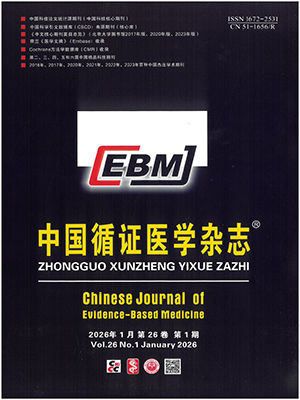Objective To assess the efficacy and safety of Chinese medicinal herbs for treating endometriosis.
Methods We searched Cochrane Library, MEDLINE, EMBASE, CBM (from establishment to 2003). Randomized controlled trials (RCTs) and quasi-randomized controlled trials of patients with endometriosis were included. The quality of included studies such as randomization, blinding, allocation concealment and loss of follow up were evaluated and meta-analysis was performed by RevMan 4.3 software.
Results Ten RCTs or quasi-RCTs involving 1 120 patients were included. Because of different therapies in the treatment and control groups, the results of outcome were described separately. Most of included studies suggested that the effects of traditional Chinese medicine (TCM) on general effect, pregnancy rate improvement and alleviating dysmenorrhoea were similar to Danazol or Tamoxifen, only a few studies showed better effects. There was no evidence to support that TCM was more effective than western medicine in reducing the size of endometriotic cysts. Only one study mentioned the recurrence rate and showed that TCM enema had lower recurrence rate than oral Tamoxifen with OR 0.17, 95%CI 0.04 to 0.67. Five studies mentioned adverse reactions and showed TCM had fewer adverse effects than western medicine.
Conclusions Chinese medicinal herbs are effective in treating endometriosis with fewer adverse effects. The evidence is not b enough because of low quality of the included studies. Therefore, more high quality randomized controlled trials are required.
Citation: WANG Hongjing,HUANG Qian,AN Han,OU Yalong,WU Taixiang. Efficacy and Safety of Chinese Medicinal Herbs for Endometriosis: A Systematic Review. Chinese Journal of Evidence-Based Medicine, 2004, 04(9): 602-608. doi: Copy
Copyright © the editorial department of Chinese Journal of Evidence-Based Medicine of West China Medical Publisher. All rights reserved




